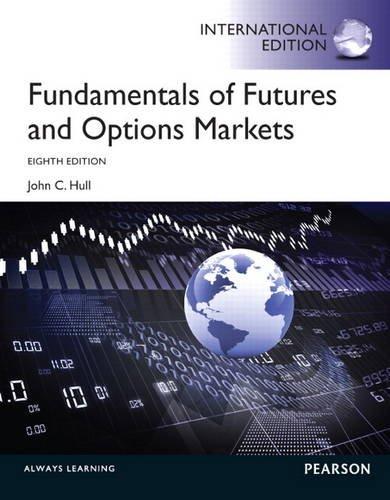Question
Question 2. Consider the following goal: GOAL Achieve [PCN Issued When CC Not Paid] GIVEN a vehicle travels through the CC zone on a day
Question 2. Consider the following goal: GOAL Achieve [PCN Issued When CC Not Paid] GIVEN a vehicle travels through the CC zone on a day and time where CC is due AND the vehicle is not exempt from CC on the day of travel AND no CC payment for that vehicle and that day has been received by midnight of the day following the day of travel THEN within a day the CCMS will send a PCN to the vehicle owner 2.1. Sketch a conceptual model of the world phenomena used in the goal definition.
Problem Statement:
Congestion Charge Management System The (fictitious) city of Birmingster (one million inhabitants) wants to introduce a congestion charge (CC) similar to the one in London. Most motor vehicles will be subject to a charge to drive through a designated zone in the city center between 07:00 and 18:00 on weekdays. The aims for the city council and its transport department are to reduce traffic, improve air quality, and raise funds to improve the city transport infrastructure.
You are working for ACME, an international technology and consulting company that has been commissioned to operate the scheme for 5 years on a fixed-price contract starting in 18 months. You are in charge of defining the requirements and designing the architecture of the software system, the Congestion Charge Management System (CCMS), needed to operate this scheme.
As in London, drivers will not need tickets or passes to enter the zone, and there will be no tollbooths or barriers. Drivers will know they are entering the CC zone because they will see CC signs on or at the side of the road. Drivers need to pay the charge once for each day they travel through the zone, no matter how many times they drive in and out of the charging zone on each day. Drivers will pay the charge by registering their Vehicle Registration Number (VRN) on the CCMS database. They will be able to do so online, via SMS, by phone, or by post (only if received at least 10 days before travelling). Drivers can pay up to 90 days in advance or up to midnight on the day of travel. Paying on the next day incurs an additional fee. If the charge hasnt been paid by midnight of the day following the day of travelling through the zone, the vehicle owner will be issued a Penalty Charge Notice (PCN).
A network of camera sites with Automatic Number Plate Recognition (ANPR) systems (manufactured and provided by an external firm specialized in this technology) will monitor all entries, exits, and some locations inside the zone. For each vehicle they detect, the cameras produce an Evidential Record (ER) composed of the VRN, a close up image of the vehicles number plate, and a wider contextual image of the relevant vehicle. The ER is encrypted and transmitted to the CCMS over a dedicated secure broadband link.
The CCMS will then check the ER against its database to check whether the charge has been paid or the vehicle is exempt from the charge. If the CCMS finds a match, it automatically deletes the vehicles ER from its database. If by midnight on the day following the day of travelling through the zone the CCMS does not find a match, it will issue a PCN to the registered vehicle owner. The owners details will be obtained from the national Driver and Vehicle Licensing Agency (DVLA). However, before any PCN is sent, an operator will visually check the ER to ensure that the number plate has been read correctly.
Step by Step Solution
There are 3 Steps involved in it
Step: 1

Get Instant Access to Expert-Tailored Solutions
See step-by-step solutions with expert insights and AI powered tools for academic success
Step: 2

Step: 3

Ace Your Homework with AI
Get the answers you need in no time with our AI-driven, step-by-step assistance
Get Started


